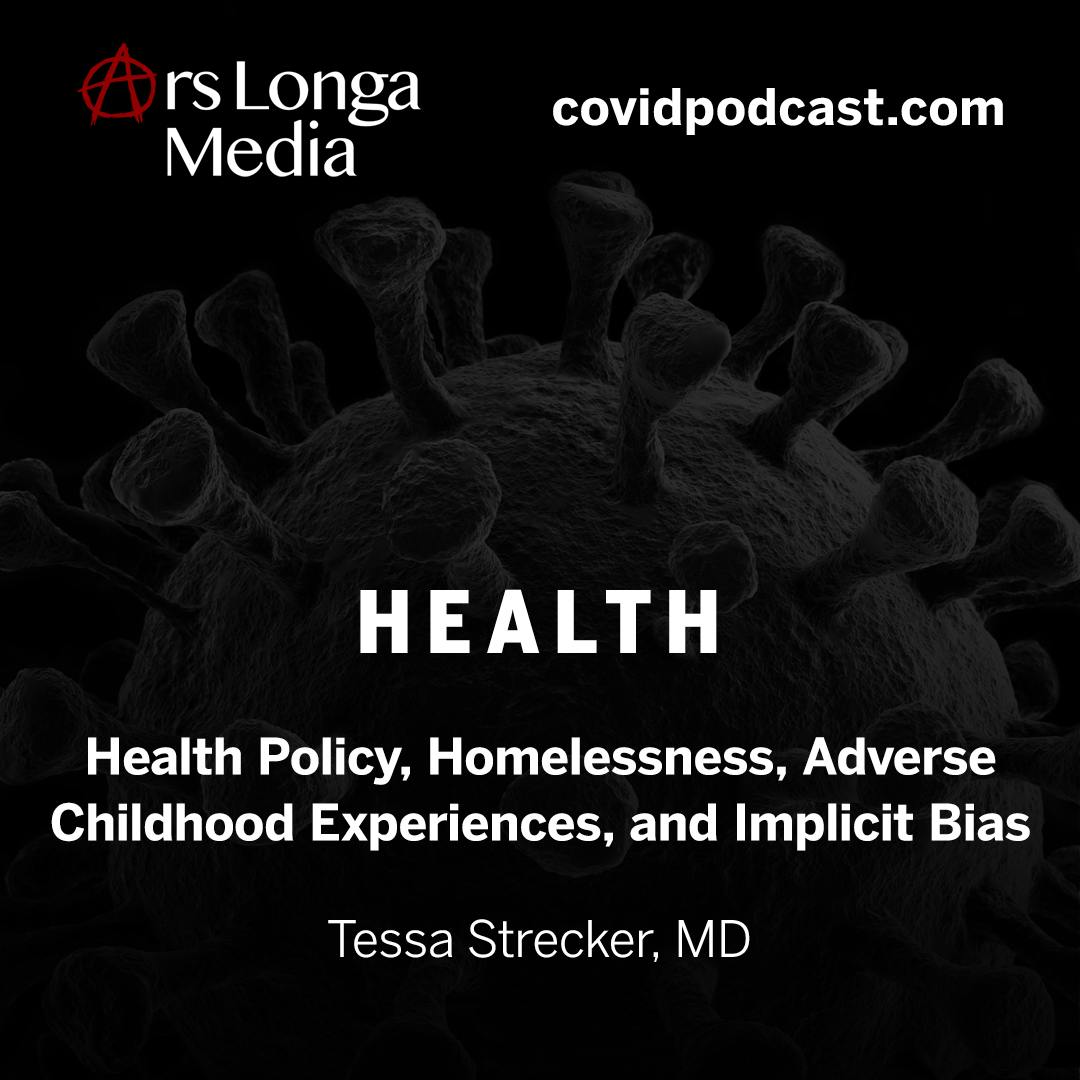- Health & Fitness
- Medicine
- SEE MORE
- classical
- general
- talk
- News
- Family
- Bürgerfunk
- pop
- Islam
- soul
- jazz
- Comedy
- humor
- wissenschaft
- opera
- baroque
- gesellschaft
- theater
- Local
- alternative
- electro
- rock
- rap
- lifestyle
- Music
- como
- RNE
- ballads
- greek
- Buddhism
- deportes
- christian
- Technology
- piano
- djs
- Dance
- dutch
- flamenco
- social
- hope
- christian rock
- academia
- afrique
- Business
- musique
- ελληνική-μουσική
- religion
- World radio
- Zarzuela
- travel
- World
- NFL
- media
- Art
- public
- Sports
- Gospel
- st.
- baptist
- Leisure
- Kids & Family
- musical
- club
- Culture
- Health & Fitness
- True Crime
- Fiction
- children
- Society & Culture
- TV & Film
- gold
- kunst
- música
- gay
- Natural
- a
- francais
- bach
- economics
- kultur
- evangelical
- tech
- Opinion
- Government
- gaming
- College
- technik
- History
- Jesus
- Health
- movies
- radio
- services
- Church
- podcast
- Education
- international
- Transportation
- Other
- kids
- podcasts
- philadelphia
- Noticias
- love
- sport
- Salud
- film
- and
- 4chan
- Disco
- Stories
- fashion
- Arts
- interviews
- hardstyle
- entertainment
- humour
- medieval
- literature
- alma
- Cultura
- video
- TV
- Science
- en
HEALTH: Health Policy, Homelessness, Adverse Childhood Experiences, and Implicit Bias | Tessa Stecker, MD

b"Today's episode (recorded April 3, 2020) features a discussion between Dr. Ted O'Connell and Dr. Tessa Stecker. Topics covered in the interview include:\\xa0What health policy means and how the COVID-19 is viewed through it's lens.How the COVID-19 pandemic affecting large groups of vulnerable people.The issues within the United States healthcare system that COVID-19 is bringing to light.The impact of COVID-19 on homeless populations.What adverse childhood experiences (ACEs) are and how they affect physical as well as mental health.What implicit bias is and how it influences the bouts of xenophobia/racism seen throughout this pandemicDr. Tessa Stecker is the Program Director for the Kaiser Permanente Northern CaliforniaCommunity Medicine Fellowships and Program Director for the KP Northern California Resident Health Policy Elective. In addition to overseeing the community medicine fellows, she works closely with medical students and residents completing their community medicine and global health rotations and projects at the KP Napa-Solano Family Medicine Residency Program. Dr. Stecker is committed to achieving equity for vulnerable populations.\\xa0Dr. Stecker attended the University of Southern California for her undergraduate education and medical eschool where she developed a passion for health education, serving underserved populations and working with students as a mentor and teacher. She completed her residency at the Kaiser Woodland Hills Family Medicine Residency Program where she also served as a chief resident.\\xa0Your host is\\xa0Dr. Ted O\\u2019Connell, family physician, educator, and author of numerous textbooks and peer-reviewed articles. He holds academic appointments at UCSF, UC Davis, and Drexel University's medical schools and also founded the Kaiser Permanente Napa-Solano Community Medicine and Global Health Fellowship, the first program in the U.S. to formally combine both community medicine and global health. Follow Ted on Instagram (@tedoconnellmd) and Twitter (@tedoconnell)!\\xa0More information on topics discussed in this episode:\\xa0OpEds/Letters to the Editor:\\xa0Tips for Aspiring Op-Ed Writers:\\xa0https://www.nytimes.com/2017/08/25/opinion/tips-for-aspiring-op-ed-writers.htmlHow to Write an Op-Ed Article:\\xa0https://www.umass.edu/pep/sites/default/files/how_to_write_an_oped-duke_2.pdfOp-Ed Writing: Tips and Tricks:\\xa0https://www.theopedproject.org/oped-basics/Implicit Bias:\\xa0Project Implicit:\\xa0https://implicit.harvard.edu/implicit/Volunteer opportunities:\\xa0https://www.feedingamerica.org/ACE's:\\xa0ACE's aware (for healthcare providers);\\xa0https://www.acesaware.org/?gclid=EAIaIQobChMI0e2LnJnU6AIVkbfsCh2AjwhbEAAYASAAEgKNa_D_BwEACE's impact:\\xa0https://www.cdc.gov/violenceprevention/childabuseandneglect/acestudy/index.html\\xa0Submit Your Questions for the PodcastSend an email to info@arslonga.media or check out\\xa0covidpodcast.comWhat Can You Do?\\xa0You can help spread commonsense about COVID-19 by supporting this podcast. Hit subscribe, leave a positive review, and share it with your friends especially on social media. We can each do our part to ensure that scientifically accurate information about the pandemic spreads faster than rumors or fears. Remember to be vigilant, but remain calm. For the most trusted and real time information on COVID-19 and the coronavirus pandemic, both the\\xa0CDC\\xa0and\\xa0WHO\\xa0have dedicated web pages to keep the public informed.\\xa0The information presented in this podcast is intended for educational purposes only and should not be construed as medical advice.\\xa0Producers: Madison Linden and\\xa0Christopher Breitigan. Executive Producer:\\xa0Patrick C. Beeman, MD.Special thank you to\\xa0Iminotech\\xa0for supporting credible information about Covid-19.\\nLearn more about your ad choices. Visit megaphone.fm/adchoices"